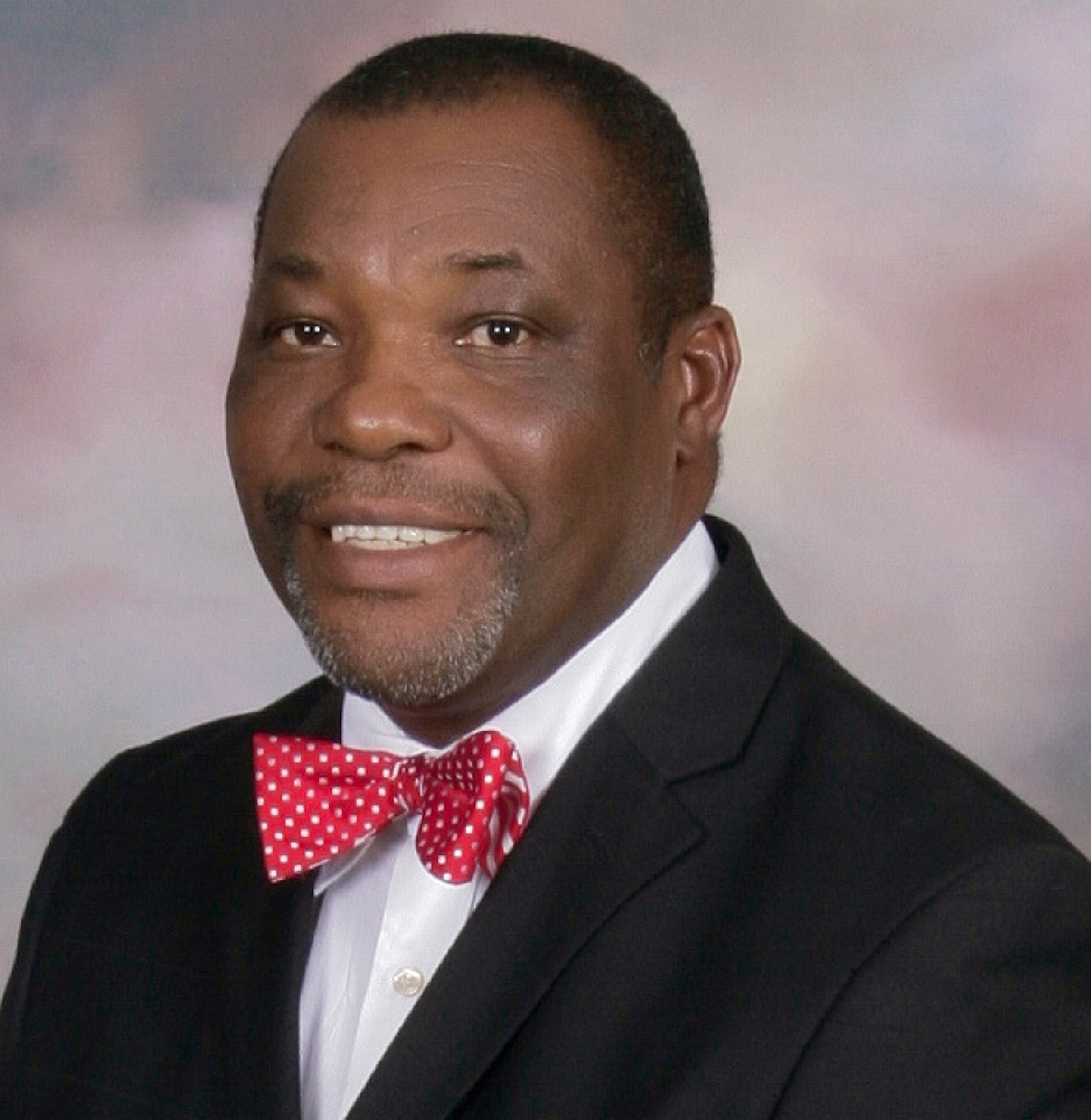Yale School of Medicine has welcomed Daniel F. Sarpong, PhD, as a senior research scientist in general internal medicine and executive director of the Office of Health Equity Research. A biostatistician, he is passionate about using his work to address health disparities as well as engaging with the community.
Sarpong was drawn to statistics as an undergraduate studying mathematics at Ghana’s Kwame Nkrumah University of Science and Technology. Before graduation, he sought guidance from one of his professors regarding his future graduate studies. The professor encouraged him to go into biostatistics, assuring him that it was a promising and growing field.

“Through the lens of health equity, we are able to not only address the problem at the biological level, but also look at the social and cultural context that influences the acquisition of disease,” says Sarpong.
After more than a decade at Jackson State, Sarpong moved to Xavier University of Louisiana where he served as endowed chair and director of the Center for Minority Health and Health Disparities Research and Education for eight years. Now, he looks forward to joining the Yale community and continuing to work toward achieving health equity. “One of my goals for taking on this responsibility is to show that addressing health equity is a necessary step in us achieving our desired outcomes in health,” he says.
Because disease affects underserved groups disproportionally, Sarpong hopes to work with Yale faculty and research staff to allocate resources to those who need it the most. Additionally, he hopes to bridge the gap between academia and the local community. Through creating a bidirectional relationship where both parties can actively engage in research, he hopes to come up with solutions that can easily be adopted and implemented by communities in need. “Locally, New Haven has its share of equity work that needs to be done,” he says. “Having the opportunity to be part of that kind of work is exciting.”
Sarpong is especially excited about community outreach, he says, because “wherever lies the problem lies the solution.” And sometimes, he continues, researchers don’t harness the wealth of knowledge a community has. Ultimately, he feels that achieving health equity can only occur when those in need are motivated to become part of the solution, and this requires engaging with community members in a meaningful way. Rather than telling groups of people what they need, Sarpong calls for researchers to work together with the local communities they’re trying to support.
Addressing health equity is a necessary step in us achieving our desired outcomes in health.
Daniel Sarpong, PhD
“Sometimes we haven’t been able to present a problem in a way that resonates with people emotionally and inspires them to take action,” he says. Taking into account a group’s language and culture, he adds, is especially important. “Working together, we can communicate our message in a way that inspires people.”
The wealth of every nation is intimately tied to the health of the nation, Sarpong says. If we do not address health disparities or try to achieve health equity, our nation will not be able to optimize its wealth. “I hope to be a contributor to Yale’s effort in trying to solve health problems from a health equity lens,” he says.